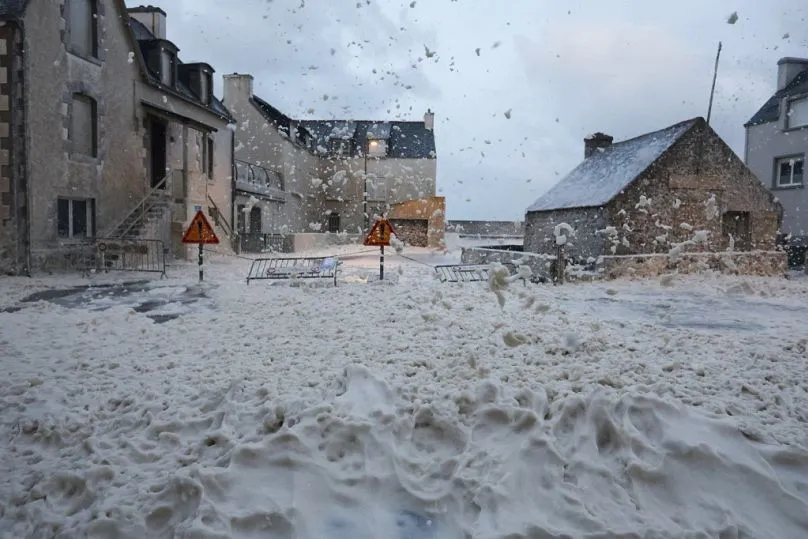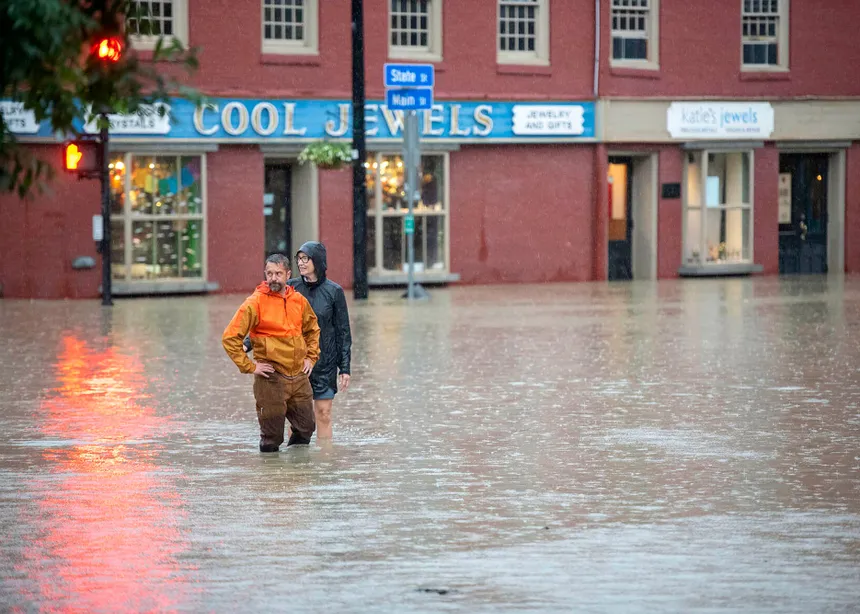A severe storm that hit the Mediterranean region in early September, causing widespread devastation, was exacerbated by human factors rather than just climate change, scientists have said. While global heating increased the likelihood of the heavy rainfall that ravaged the area, it was people’s actions that ultimately turned the extreme weather into a humanitarian disaster.
The study, conducted by World Weather Attribution, found that the heavy rainfall was up to 50 times more likely in Libya and up to 10 times more likely in Greece due to climate change. However, the researchers highlighted that people’s vulnerability to the rain was exacerbated by factors such as building homes on floodplains, deforestation, and poor dam maintenance.
The Mediterranean region is particularly vulnerable to extreme weather events, with a “hotspot” of climate-change-fuelled hazards. Climate scientist Friederike Otto, from Imperial College London, emphasized the importance of reducing vulnerability and increasing resilience to extreme weather events to save lives in the future.
The storm, known as Storm Daniel, dumped torrential rains across several Mediterranean countries, killing dozens of people in Europe and Turkey. In Libya, the confirmed death toll is in the thousands, with entire neighborhoods washed away due to the bursting of two ageing dams near the city of Derna.

The report found that the ongoing conflict and political instability in Libya compounded the effects of the flooding, while the dams, built in the 1970s, were poorly maintained and may have been designed based on short rainfall records.
“The Mediterranean is a hotspot of climate-change-fuelled hazards,” said Otto. “We urgently need to reduce exposure to flood risks.”
In Greece, Bulgaria, and Turkey, the rains were up to 40% heavier due to global heating, with the researchers warning that such extreme rain could now be expected once a decade. In central Greece, such an event could now be expected every 80-100 years.

